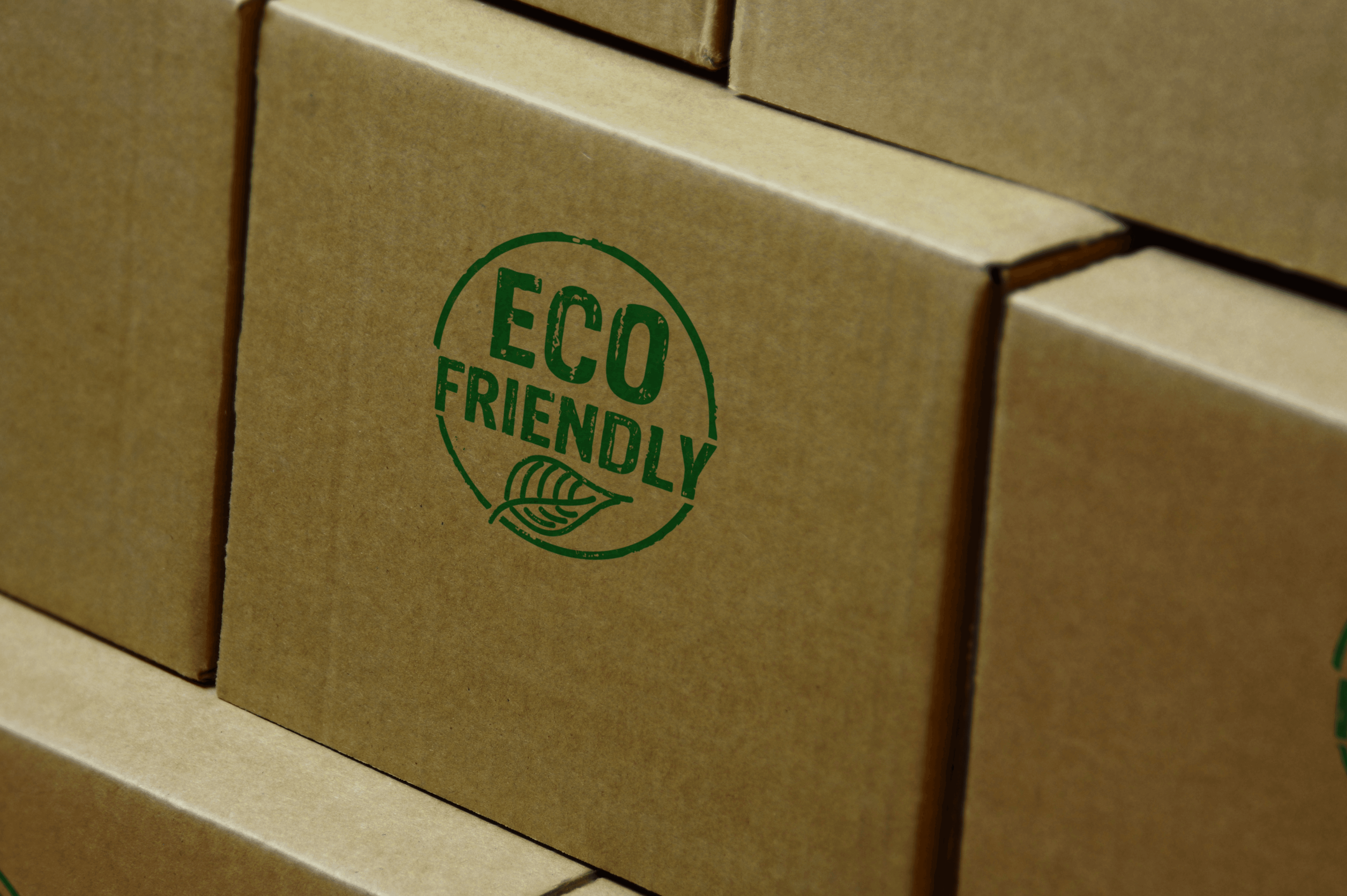
On the corporate front, green is the new black. Companies from every industry – from manufacturing to communications, to even oil & gas – are jumping onto the ‘green’ bandwagon.
Singapore is also demanding green from its corporations. The Singapore Exchange introduced sustainability reporting for Singapore listed companies on a “comply or explain” basis in 2016. For financial years beyond 2017, Singapore listed companies will have to publish their sustainability reports at least once a year, no later than 5 months after the end of each financial year, covering 5 primary components, namely, material Environmental, Social and Governance (ESG) factors; policies, practices and performance; targets; sustainability reporting framework, as well as their Board statement.
A blitz of sustainability reports are due to be released from more than 700 Singapore public companies in 2018 with a good number publishing it for the first time. For now, companies are required to publish their sustainability reports but are not required to engage a service provider to independently attest to the accuracy of their sustainability reports.
Being perceived as green can help the stock price, improve relations with employees, business developments and investors who value the association with socially-responsible organisations. Meanwhile not being perceived as green might attract the attention of regulators and activists. The operative word is ‘perceived’. Since companies are not yet required to engage independent attestation of their sustainability reports, an opportunity exists to indulge in a practice commonly known as “greenwashing”.
Greenwashing is a company promoting itself as having green-based environmental initiatives when, in actual fact, it operates in any way but green. By a wider definition, greenwashing extends beyond environmental factors, including social and governance initiatives disclosed by the company, with the objective of influencing its stakeholders through misleading and unsubstantiated claims.
Corporations all over the world are not only under pressure to showcase their eco-friendly practices, but their social and governance enhancing initiatives, with many just wanting to be politically correct. Even many energy companies around the world (some of them the world’s biggest carbon emitters) have attempted to rebrand themselves as environmentally friendly.
Seeing Green
How then can stakeholders discern if a company is engaging in greenwashing?
Vague claims:
Greenwashing tactics include overly fuzzy language such as “eco-friendly”, “recycling”, “energy-saving” etc. without providing specific metrics to substantiate the company’s claims. Companies that are truly green or engaging in socially responsible practices would be able to readily prove their efforts with certifications, donation records and by sharing the progress of their campaigns. In the absence of these to back up management’s claims, many of these could really turn out to be just high-level pledges which fail to filter down to the rest of the organisation.
Irrelevant sustainability initiatives:
The sustainability initiatives disclosed by companies warrants closer examination. Greenwash companies often focus overly on the fact that they are pursuing sustainable initiatives such as printing on recycled paper, encouraging energy-saving habits, water conservation while completely ignoring the fact that their products or services could be causing extreme environmental pollution or other hazards.
Information inconsistencies:
A broad array of information could be contained within the greenwash organisation’s sustainability report, all of which provide readers with positive sustainability impacts, conveniently omitting the negative impacts for which are equally important in enabling a reasoned assessment as to the organisation’s overall performance. Given the likelihood of eventual exposure, if companies do not have a strong, honest position on sustainability issues, it is sometimes perceived to be better to remain silent than opening themselves up to scrutiny by touting false benefits. Reported information across years may also not be organised in such a manner that facilitates the ability to analyse changes in the organisation’s performance over time and in comparison to market benchmarks.
The potential of being labelled a greenwash company could damage the company’s brand significantly and companies need to be mindful when communicating its sustainability strategies and metrics to its stakeholders. The same tips as described above on how to spot greenwash could also be used to help companies enhance the quality of its sustainability reporting.
Study green companies and how they practice it. The 2017 Sustainability Leaders report published by GlobeScan and SustainAbility.com identifies Unilever as the premier global sustainability leader, together with Patagonia, Interface, IKEA, Natura, M&S, Tesla, Nestlé, Nike, GE and BASF.
Ultimately, sustainability needs to be part of the core business of organisations and not be simply regarded as an opportunity to please its shareholders, customers or the regulator. Walking the talk is more important than preparing elaborate sustainability reports containing meaningless quantitative metrics just to appease the regulator.
Find out more about sustainability reporting with integrity. Contact our Governance & Risk professionals at +65 6336 2828 or email wwlim@bakertillytfw.com.
DISCLAIMER: All opinions, conclusions, or recommendations in this article are reasonably held by Baker Tilly at the time of compilation but are subject to change without notice to you. Whilst every effort has been made to ensure the accuracy of the contents in this article, the information in this article is not designed to address any particular circumstance, individual or entity. Users should not act upon it without seeking professional advice relevant to the particular situation. We will not accept liability for any loss or damage suffered by any person directly or indirectly through reliance upon the information contained in this article.















